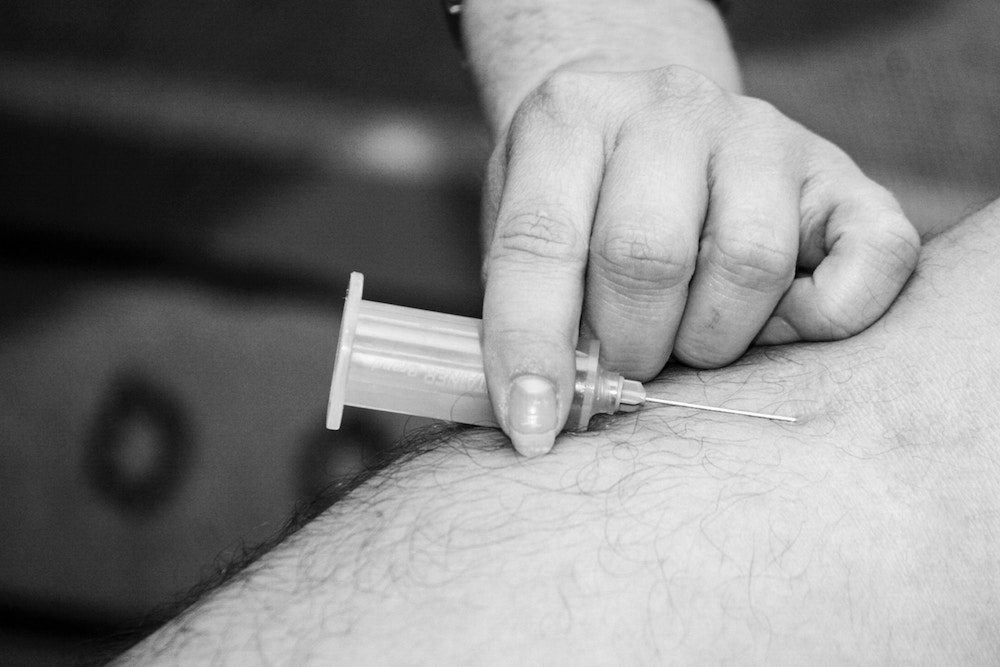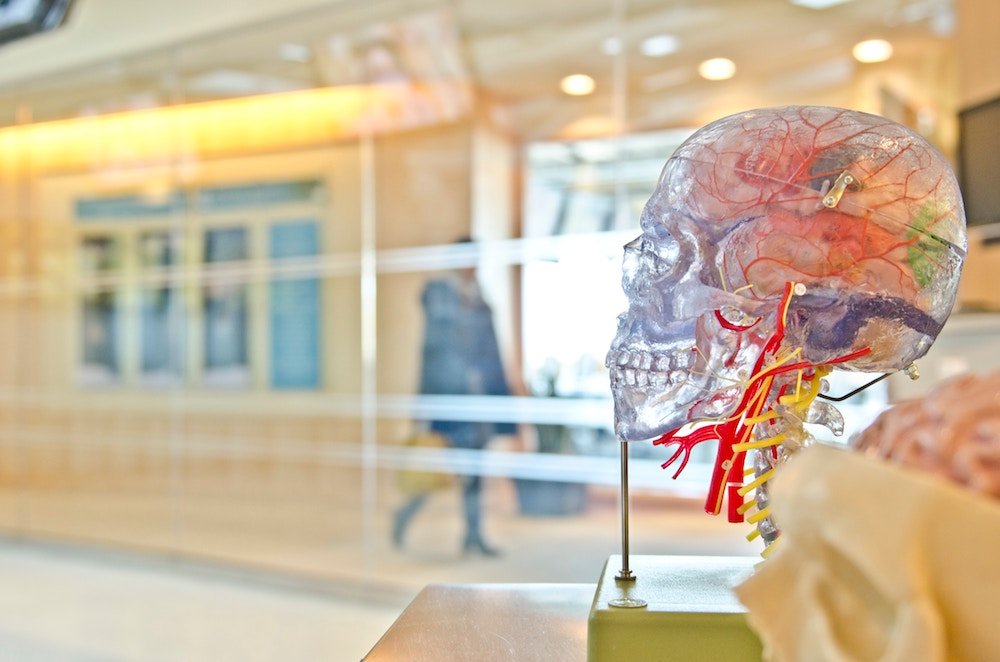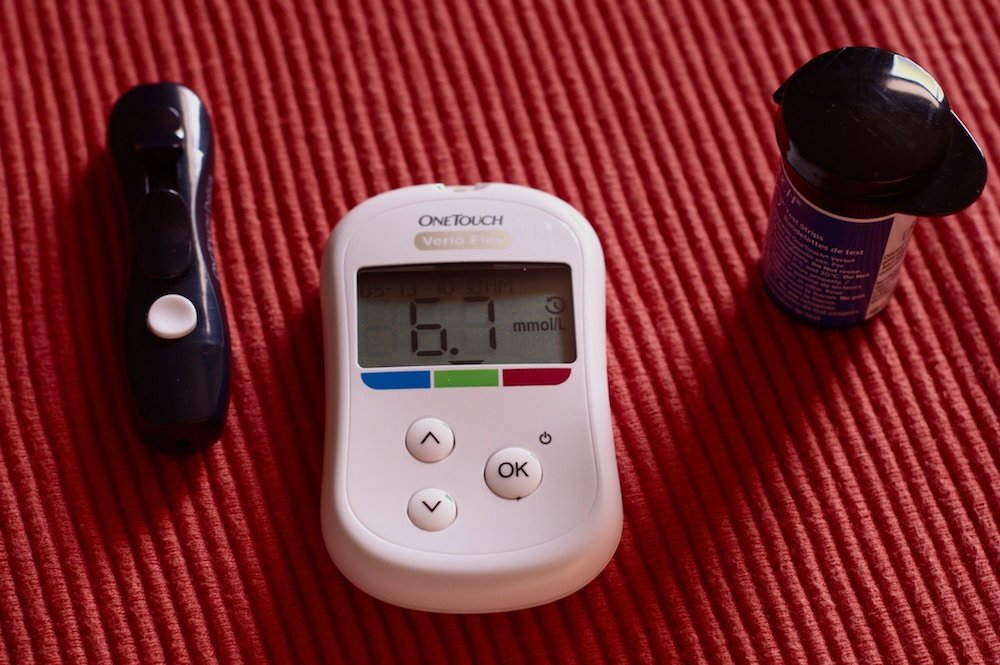In this article we discuss the most recent research investigating the question, is Alzheimer’s type 3 diabetes?
Most people have heard of Type 1 Diabetes which is an autoimmune disease that occurs when the body fails to produce its own insulin. This causes the body’s sugar levels to be too high. Many people with Type 1 Diabetes have to have regular insulin injections.
Type 2 Diabetes is different in the fact that the body develops an insulin resistance and does not use insulin properly. Again, this leads to raised sugar levels. Both types of diabetes are chronic conditions.
Recently, there have been some references to Alzheimer’s being Type 3 Diabetes, so what is this all about?
Is Alzheimer’s Type 3 Diabetes?

The term ‘type 3 diabetes’ is one that has been coined by the world’s health press in reference to Alzheimer’s disease because this common neurogenerative disease has been found to be linked to insulin resistance – which of course is a problem found in type 2 diabetics.
Explain more, why is Alzheimer’s Type 3 diabetes
At this stage, the term ‘type 3 diabetes’ is being used by researchers rather than doctors. There are many studies taking place around the world on the different types of dementia.
A growing number of researchers are exploring the links between insulin resistance in the brain and cognitive decline which is found in Alzheimer’s disease and other forms of dementia.
Researchers are also studying to see if there are any links between type 2 diabetes and Alzheimer’s disease.
It has already been proven that people with type 2 diabetes have an increased risk of developing several different types of dementia.
Is there a link between diabetes and Alzheimer’s Disease?
 Scientists are currently studying a number of possible links between diabetes and Alzheimer’s.
Scientists are currently studying a number of possible links between diabetes and Alzheimer’s.
Some scientists believe that Alzheimer’s could be caused by insulin resistance in the brain, but as yet, this has not been proven.
Other research is investigating whether diabetes cause any chemical imbalances in the brain.
It is known that high blood sugars can cause inflammation and scientists are exploring what impact the inflammation can have – especially as this could be a possible trigger for vascular dementia. This link though, has yet to be proven.
A second line of research is studying the damage caused to blood vessels when type 2 diabetes is not diagnosed early enough.
Many people with the condition are unaware that they have it. This leads to a delay in their diagnosis and treatment and an increase in the chance of damage to their blood vessels.
Again, this makes those with diabetes undiagnosed, and uncontrolled diabetes more likely to be as risk of vascular dementia with a query mark that there could be an increased risk of Alzheimer’s too.
Healthline.com states that-
‘According to a 2022 review of research, people who have type 2 diabetes may be up to 45% to 90% more likely to develop Alzheimer’s disease or another type of dementia, such as vascular dementia’.
Are blood vessel damage, insulin resistance in the brain, and elevated blood sugar levels all connected to diabetes and potential contributors to dementia? Furthermore, is Alzheimer’s type 3 diabetes? Let’s delve further…
Insulin and Alzheimer’s Disease
 A paper published by the National Library of Medicine in February 2022, makes interesting reading as the authors point out that the incidence of both type 2 diabetes and Alzheimer’s disease are rapidly increasing –
A paper published by the National Library of Medicine in February 2022, makes interesting reading as the authors point out that the incidence of both type 2 diabetes and Alzheimer’s disease are rapidly increasing –
‘Globally, the incidence of type 2 diabetes mellitus (T2DM) and Alzheimer’s disease (AD) epidemics is increasing rapidly and has huge financial and emotional costs.
The purpose of the current review article is to discuss the shared pathophysiological connections between AD and T2DM.
Research findings are presented to underline the vital role that insulin plays in the brain’s neurotransmitters, homeostasis of energy, as well as memory capacity.
The findings of this review indicate the existence of a mechanistic interplay between AD pathogenesis with T2DM and, especially, disrupted insulin signaling.
AD and T2DM are interlinked with insulin resistance, neuroinflammation, oxidative stress, advanced glycosylation end products (AGEs), mitochondrial dysfunction and metabolic syndrome.
Beta-amyloid, tau protein and amylin can accumulate in T2DM and AD brains. Given that the T2DM patients are not routinely evaluated in terms of their cognitive status, they are rarely treated for cognitive impairment.
Similarly, AD patients are not routinely evaluated for high levels of insulin or for T2DM. Studies suggesting AD as a metabolic disease caused by insulin resistance in the brain also offer strong support for the hypothesis that AD is a type 3 diabetes.’ Reference
Is Alzheimer’s Type 3 Diabetes? (Tests)
 Certainly, it seems possible that researchers will find that families with history of type 2 diabetes could have a higher risk of developing Alzheimer’s disease or another type of dementia.
Certainly, it seems possible that researchers will find that families with history of type 2 diabetes could have a higher risk of developing Alzheimer’s disease or another type of dementia.
It is important that in future frequent tests are made of sugar levels and insulin resistance not only of patients with type 2 diabetes but also Alzheimer’s disease as there is increasing evidence that there could be a significant link between the two diseases and could lead to some new treatments.
At present it is important that all types of research continue….
Preventative measures that can be taken
In the meantime, as research continues, it is important that anyone who suspects that they could have either type 2 diabetes or Alzheimer’s seeks advice from their doctor. Also, ensure that they have a healthy lifestyle to help prevent either. Or, if they are diagnosed, to slow down the progression of the disease for as long as possible and importantly, minimize organ damage.
 Adopt a healthy diet with foods that are rich in protein and fiber and low in sugar and saturated fats.
Adopt a healthy diet with foods that are rich in protein and fiber and low in sugar and saturated fats.- Monitor your blood sugar levels as recommended by your doctor.
- Keep an eye on your cholesterol levels too.
- Take any medication you have been prescribed according to the schedule from your doctor.
- Exercise for 30 minutes most days – walking, swimming, cycling, tennis and jogging are all good or following an exercise program in your home or local gym.
- Keep your body weight down – to the recommended weight for your age and frame.
Final Thoughts – Is Alzheimer’s type 3 diabetes?
In conclusion, there have been several research studies proposing that Alzheimer’s disease be categorized as a form of diabetes, termed type 3 diabetes.
However, whilst this concept is explored in research, the term ’type 3 diabetes’ is not officially recognized by National health organizations, nor the American Diabetes Association.
Is Alzheimer’s type 3 diabetes… this is yet to be proven.


 Adopt a
Adopt a 



















